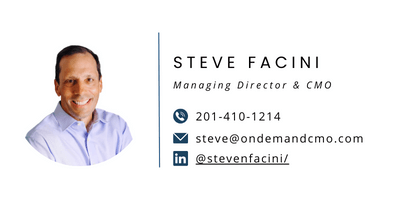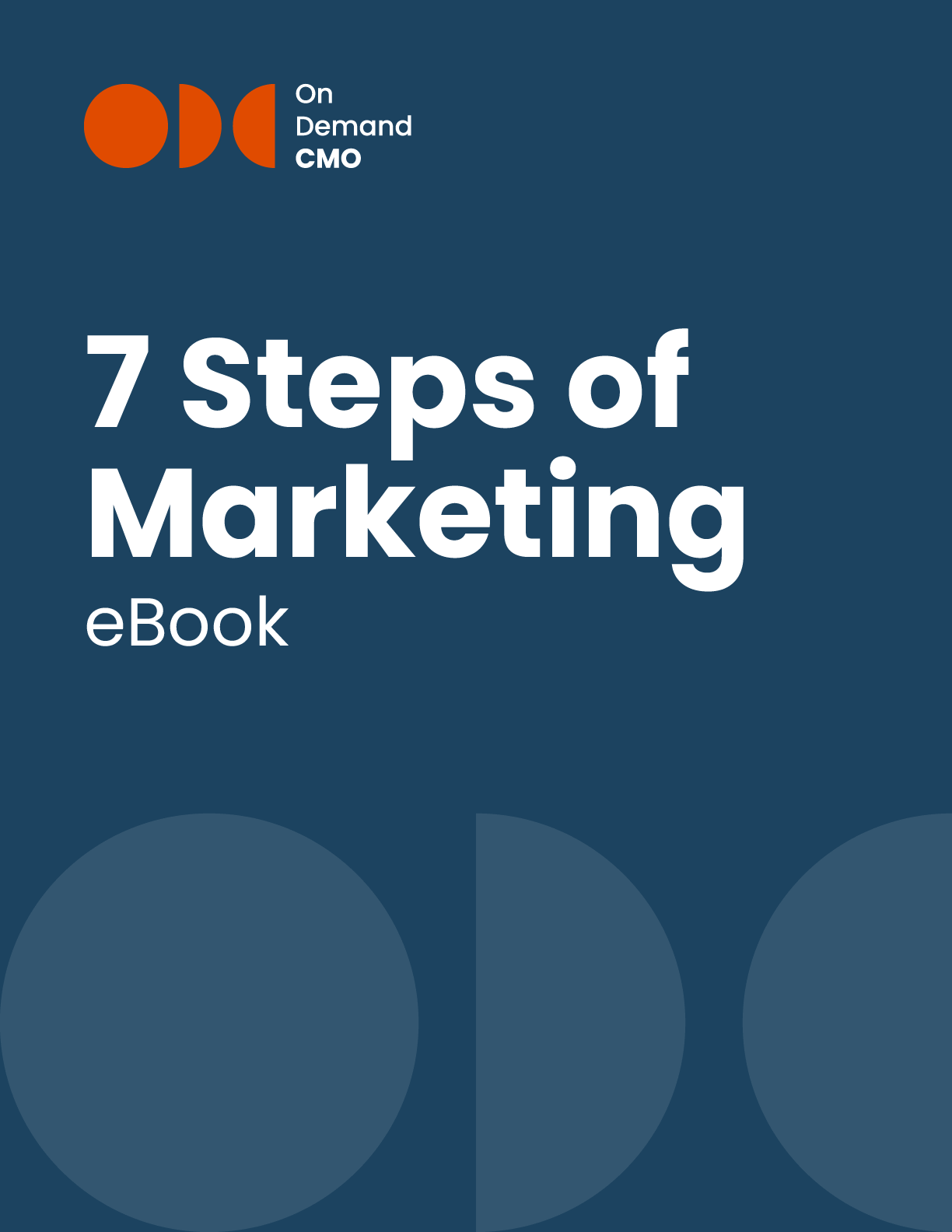If you’re relatively new to marketing, you’ve probably come across a fundamental concept – the 80/20 rule, also known as the Pareto Principle. Essentially, it suggests that 80% of your business comes from just 20% of your customers. While this principle might lead you to believe that mining your existing client base can solve all your business goals, it’s essential to consider client attrition and the significance of replacing them with new clients. This raises the crucial question: What is the optimal balance between acquisition and retention marketing efforts?
Customer acquisition costs (CAC) and customer retention costs (CRC) can vary significantly across different industries and businesses. Acquiring a new customer can be considerably more expensive due to marketing and sales expenses, whereas retaining an existing customer often involves lower costs through ongoing customer support and relationship management.
However, the cost dynamics in the business world can shift over time due to changes in technology, customer behavior, and market conditions. For instance, the digital marketing landscape and the advent of social media have altered customer acquisition strategies, potentially reducing costs in some cases. Furthermore, the rise of subscription-based business models has underscored the importance of retaining customers and maximizing their lifetime value.
To determine the specific cost ratios for customer acquisition and retention in your industry or business, it’s crucial to conduct up-to-date analyses and consider your own data and circumstances. Many businesses find value in investing both in acquiring new customers and retaining existing ones, recognizing that each contributes to growth and sustainability. The ideal balance between customer acquisition and retention efforts may vary based on your business goals and prevailing market conditions.
Here are seven considerations to help you determine the appropriate resource allocation between acquisition and retention marketing efforts:
Start by comprehending the lifetime value of your customers. Calculate the expected revenue from an average customer throughout their relationship with your business. Prioritize retention efforts for high CLV customers.
Divide your customer base into segments based on demographics, behavior, and purchase history. Identify high-value segments and allocate resources accordingly, with a focus on retention for these groups.
Define specific, measurable goals for both acquisition and retention efforts. Utilize metrics like customer acquisition cost (CAC) and customer retention rate (CRR) to monitor progress.
Continuously experiment with different strategies to identify the most effective ones. Allocate your budget based on performance data and make necessary adjustments.
Utilize data analytics to gain insights into customer behavior and preferences. Allocate resources based on data-driven insights to maximize your marketing effectiveness.
While acquisition efforts can yield quicker results, don’t neglect long-term retention strategies. Building strong customer relationships pays dividends over time.
Coordinate your acquisition and retention efforts across multiple marketing channels for a holistic approach. Maintaining consistency in messaging can reinforce customer loyalty and attract new prospects.
By following these tips and striking the right balance between acquisition and retention strategies, marketing managers can make more informed decisions about how to allocate their limited budget effectively.


OnDemandCMO has authored 7 Steps of Marketing, the only marketing guide book you’ll need to either get your marketing started properly, or stay on track strategically.
It features best practices on branding, messaging, social media, lead generation and much in between.
Please let us know who you are, and we'll share a few of our secrets (we don't sell or trade your info)!